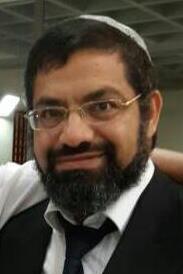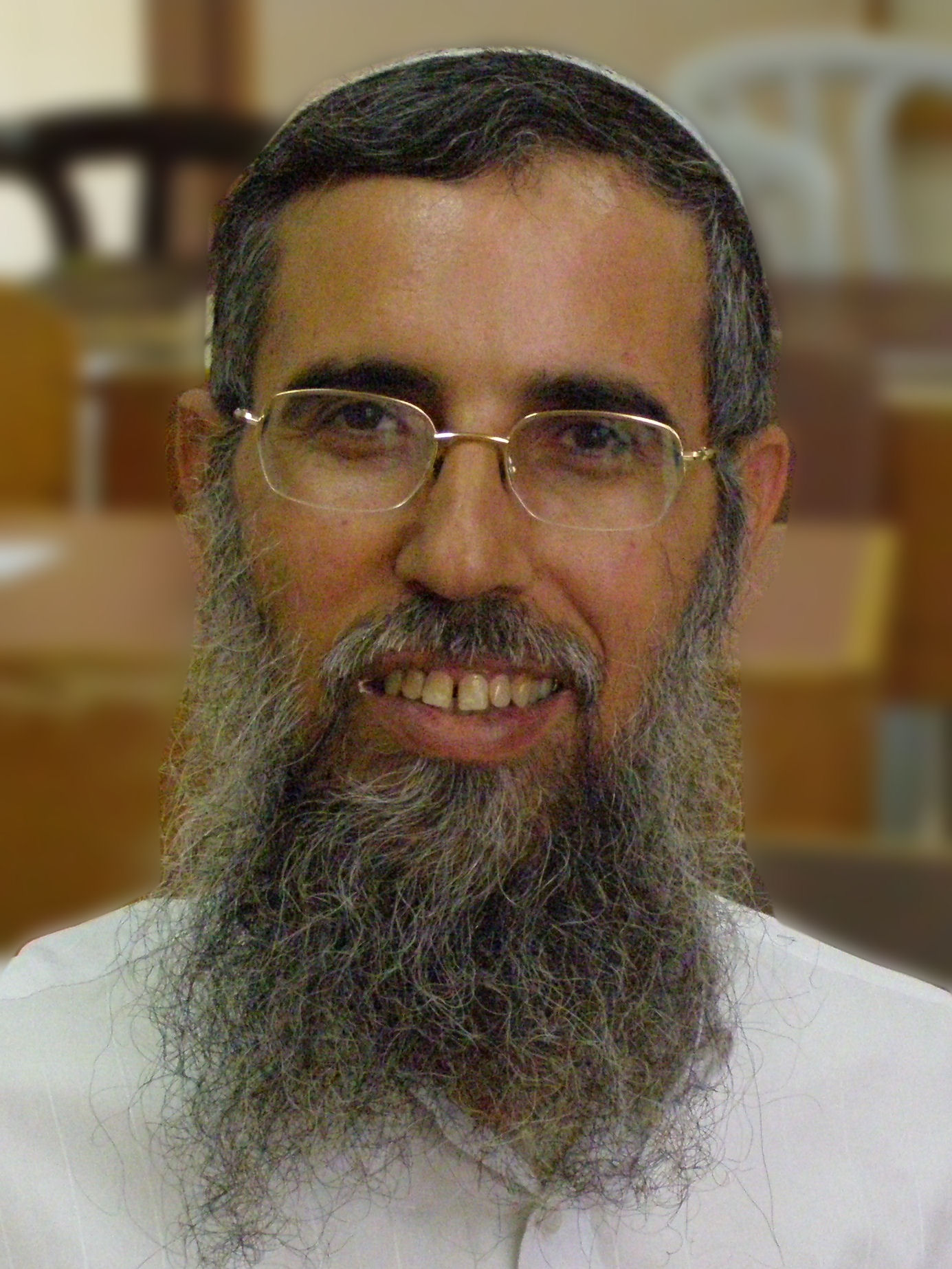Baruch Hamakom - Baruch Hu
הרב זכריה טובי
ראש הכולל
In the Passover Haggadah, when introducing the "four sons," it says: "Baruch Hamakom, baruch Hu. Baruch shenatan Torah le'Amo Yisrael." How is this introduction connected to the continuation of the Haggadah: "The Torah spoke corresponding to four sons: one wise, one wicked, one simple and one who does not know how to ask." Additionally, what is the connection between "Baruch Hamakom (Hashem)" to "Baruch shenatan Torah le'Amo Yisrael?" Furthermore, why does the Haggadah begin "Baruch Hu" in third person, and not, "Baruch ata" in second person, as we always say?
Moreover, what is the meaning of the attribute "Hamakom?" Rav Soloveitchik, in his sefer Meharerei Kedem, explains that the attribute Makom appears wherever there is need to show that there is Divine Guidance within G-d's concealment - such as when a person is in a time of trouble and it seems to him as if Hashem abandoned him - we use the attribute Hamakom for G-d. For example, when consoling mourners we say, "Hamakom yenachem etchem." When visiting the sick, we say, "Hamakom yishlach refuah sheleima." This is to show that throughout their suffering, G-d is with them, and even at a time of justice and trouble - G-d is in each and every place. This is because G-d is the "place of the world," and even at times of trouble G-d's Presence dwells among us.
Therefore, when retelling the story of the Exodus from father to son, we would expect to tell the story only to a wise son who understands the story of redemption. To the other sons - amongst them the wicked and the one who does not know to ask - there is no reason to relate the story of the Exodus. Therefore, the author of the Haggadah begins: "Baruch Hamakom - Baruch Hu," that G-d revealed His presence to each and every one of Am Yisrael, even to the wicked son, and he also belongs to the story of the Exodus. This is why "Baruch Hamakom" is in third person, because His presence is revealed to each one in a concealed manner. This is also what it says in the continuation of the Haggadah: "At first, our ancestors were idolators, and now G-d brought us close to his service. Even though they were very distant from G-d, He is the place of the world and drew us close to be sheltered under His wings.
We can bring additional proofs that the attribute, "Makom," is used in a state of concealment, to show the revelation of His Presence from the concealment.
It says in Parshat Vayeitzei, "He encountered the place (bamakom) and spent the night there." (Bereishit 28:11). Rashi writes: "Encountered" is a language of prayer. Accordingly, "bamakom" refers to G-d. (Cf. R. Eliyah Mizrachi there.) The reason that G-d is called Makom there is because Yaakov Avinu is going down to exile; he is running away from his brother Esav and going to Lavan in Charan. Even at this time of aversion - G-d is with him, because G-d is found in each and every place.
We also find in Megillat Esther that at the time of Haman's decree, which was a tremendous aversion, Mordechai thought that even Queen Esther was not ready to go to Achashverosh, and there is no one to rely upon other than on our Father in heaven. Mordechai says to Esther, "Relief and deliverance will come to the Jews from another place (mimakom acher)." (4:12) The Maharal explains in Ohr Chadash that this refers to G-d. Even though it says another place, this is in regards to Amalek who denies G-d. Here, too, the intention is that the Revelation of G-d's Presence is found even at this time of great aversion.
Another source is found in Yechezkel's prophecy. At the time of the destruction, Yechezkel says, "Blessed is the glory of Hashem from His place." (3:12) Even in exile, at the time of destruction, there is the Revelation of G-d's Presence from His concealment.
This is meaning of the end of the introduction: "Baruch shenatan Torah le'Amo Yisrael, Baruch Hu." The Torah belongs to each and every one of Am Yisrael. The Torah was given also to the wicked son, because the Torah is a Torah of truth, and it encompasses all of Klal Yisrael, as it says in the Torah: "The Torah that Moshe commanded us is the heritage of the Congregation of Yaakov." (Devarim 33:4) There are 600,000 letters in the Torah, and there are 600,000 men in Am Yisrael, and each Jew has a share in the Torah. This is, "the Congregation of Yaakov"- each one of the children of Yaakov is connected with the Torah, and this is, "Baruch Hu" in third person. Even though we don't see this, the inner character of each Jew has the sanctity of the Torah.
This is the meaning of the introduction to the four sons.
קוד השיעור: 3963
(Translated by Rav Meir Orlian)
לשליחת שאלה או הארה בנוגע לשיעור:


.jpg)
.jpg)



.jpg)